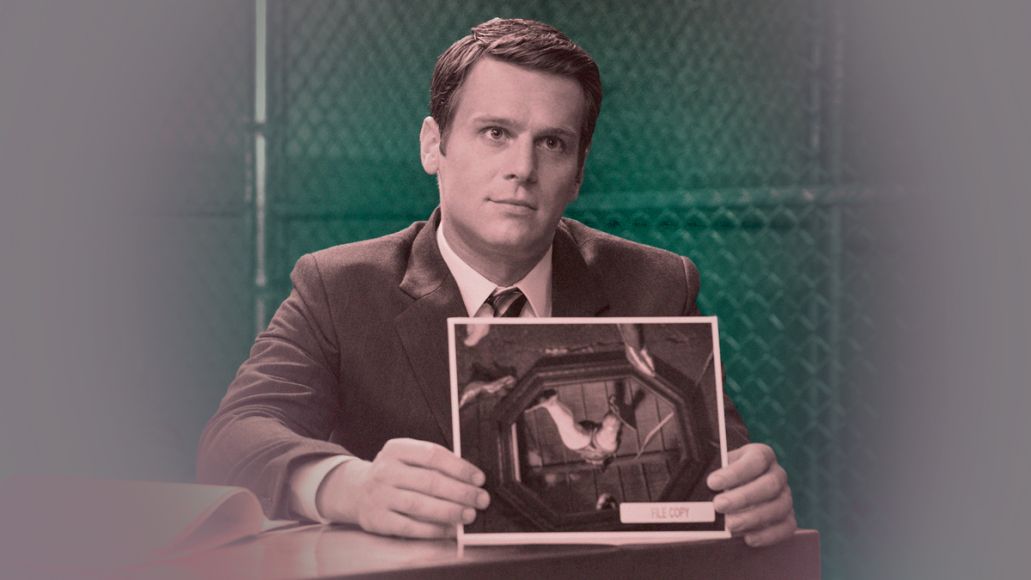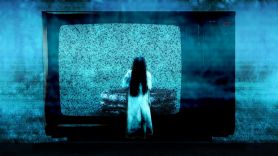There’s no hiding from it: We are currently living in the era of mass serial killer content. From Ryan Murphy’s controversial new deep-dive into the life and deaths of Jeffrey Dahmer to the macabre, Netflix-produced Ted Bundy Tapes, it seems that a new psychopath-centered show is entering the zeitgeist every second, and that all it takes for a title to sky-rocket to most-watched on any streaming service is the Holy Grail that is the true crime tag.
But not everyone is happy with this trend. True crime naysayers often accuse true crime bingers and creators of exploiting real-life pain and suffering for entertainment. And while it would be naive to deny that these films and TV shows are constructed with the intention of being uniquely captivating and bingeable (those cliffhangers don’t appear out of thin air!), it’s myopic to suggest that audiences are drawn to serial killers solely for amusement’s sake.
Indeed, true crime occupies a unique space within the horror genre because it sits so eerily close to our own reality. When watching, not only are audiences forced to confront the fact that our lives could easily be infiltrated by a killer, but we are also met with the notion that discerning how killers differ and coincide with our own psychology might help us better understand them.
Amidst the neverending barrage of true-crime content out there, Netflix’s 2017 series Mindhunter, executive produced by David Fincher, is one of the most thought-provoking examinations of that intersection between the killers we watch on screen and our own psychologies. Set in the late 1970s, the show dramatizes the genesis of the FBI’s criminal-profiling department, which theorizes that by understanding how killers’ brains work, we can stop deadly crimes from happening.
This school of thought was initially met with a lot of pushback from the bureau, as many agents were profoundly uncomfortable with the idea of humanizing people they’d rather think of as distant from themselves as possible. But doe-eyed go-getter special agent Holden Ford (Jonathan Groff) convinces the FBI to give the department a shot, so with the help of cynical, seasoned agent Bill Tench (Holt McCallany) and decorated psychology professor Wendy Carr (Anna Torv), he travels across America to interview the most formidable incarcerated serial killers and hopefully gain some insight into the way their twisted minds work.
Not long after Holden embarks on his criminal profiling mission, his personal life starts to follow similar patterns as his professional one. In Episode 1, Holden meets outspoken grad student Debbie (Hannah Gross), who eventually becomes his girlfriend. Soon, Holden’s relationship with Debbie takes a similar shape to his relationship with criminal psychology — a correlation that emphasizes the notion that the only way for us to truly understand serial killers is to first look inward and understand ourselves.




